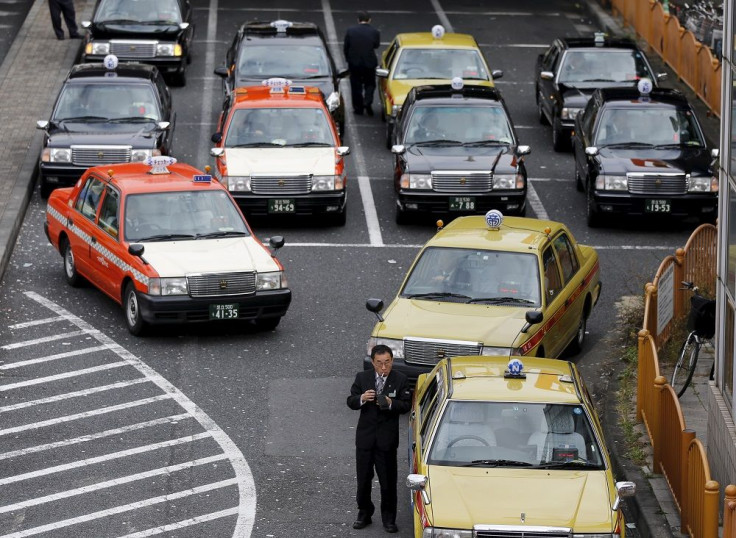Japanese cab drivers claim to have ghost passengers in Fukushima tsunami zone

After the March 2011 earthquake and tsunami that shook Japan and caused a meltdown of the Fukushima Nuclear Plant, seven taxi drivers in the prefecture claimed having ghost passengers. A sociology major in Tohoku Gakuin University, in her graduation thesis, documented those encounters.
Like us on Facebook
The magnitude-9 tremor led to the death of 15,893 people, while 2,572 people remain missing. The Telegraph reports that it is not just cab drivers who reported seeing ghosts in the coastal communities of Tohoku. Residents too have reported seeing ghosts with no heads, bodies that do not have limbs and spirits of dead people.
All the seven taxi drivers are from Ishinomaki, a coastal town where almost 6,000 died in March 2011. One such alleged encounter was a female passenger who hailed a cab near the Ishinomaki Station a few months after the disaster. The woman instructed the driver, who was about 50 years old, to bring her to Minamihama district, but he told the passenger no one lives in that devastated area. The woman replied, “Have I died?” When the driver checked his passenger, the cab was empty.
A second driver in his 40s recounted picking up a man in his 20s. The man was pointing toward the front when the driver looked into the rear view mirror. When the driver asked the passenger his destination, the young man said, “Hiyoriyama,” the Japanese word for mountain. However, when they reached the area, the passenger was nowhere to be found.
Yuka Kudo, the 22-year-old sociology student, went to Ishinomaki weekly when she was a junior to talk to the drivers who were waiting for passengers. She asked the question “Did you have any unusual experiences after the disaster?” to over 100 cabbies. A lot of the drivers ignored her, some got angry at Kudo, but seven shared their tales of encounters with ghost passengers, reports Asahi.
All seven drivers say their passengers were all young people. Kudo explains, “Young people feel strongly chagrined (at their deaths) when they cannot meet people they love. As they want to convey their bitterness, they may have chosen taxis, which are like private rooms, as a medium to do so.”
Some reports link the ghost sightings to possible post-traumatic stress syndrome (PTSD) in the light of a newly released follow-up study by Tohoku Gakuin University and Harvard University of elderly residents of Iwanuma in Miyagi Prefecture which was affected by the tsunami and tremor of 2011, reports Japan News. The study showed that elderly residents with strong neighbourhood ties were less vulnerable to developing PTSD, the symptoms of which could include seeing ghosts.
The first study in 2014 found that 30 percent of children from three prefectures hardest hit by the disaster showed 30 percent of the youth were then struggling with PTSD.





















